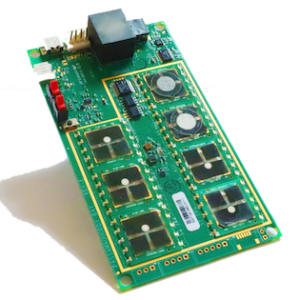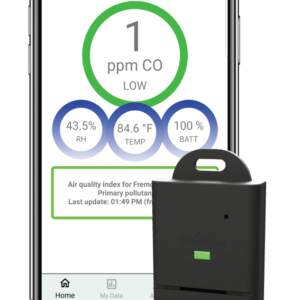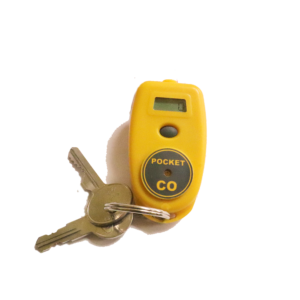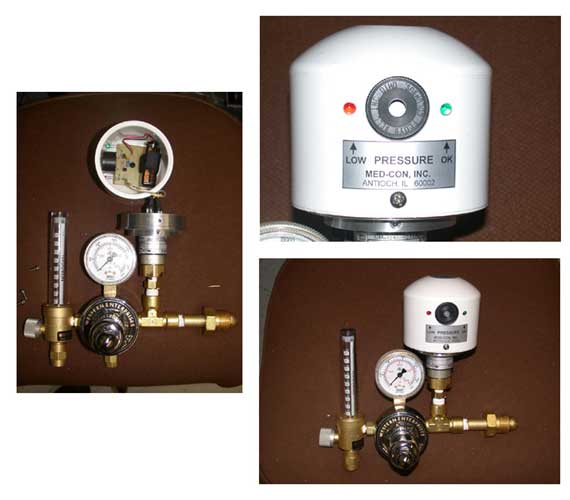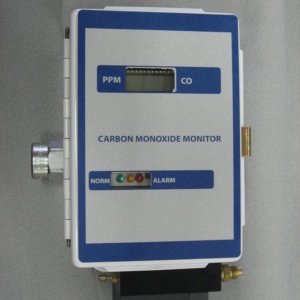(San Francisco, CA)-The new T-Series Carbon Monoxide sensor is a breakthrough in sensor technology. Coming from Dr. Stetter’s group at IIT, the new sensor using a nano-particulate composite plastic for electronic conduction within the sensor’s cell wall. “It is amazing what such an innovation does for the sensor designer,” remarks Dr. Stetter. “To be able to design a sensor with no wires or connectors to the electrodes eliminates the major source of sensor failure over time. With the new nanotechnology enabled T-Series sensors, a tiny affordable package that is more robust is the result.”
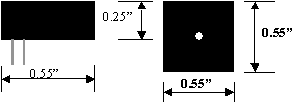
“In addition to allowing the new tiny sensor design,” Vishad Patel, Senior Engineer of Transducer Technology, Inc. says, “we get to make revolutionary low profile flat sensors with fewer manufacturing steps. All of these features may be great for engineers but the customer also benefits heavily from this new approach to sensor products.”
The first sensor attempted with the nanotechnology was a CO [carbon monoxide] sensor. The results are amazing, high performance CO sensors, even better performance specifications, like response time and stability, than most of the existing sensors. The EMI interference appears to be less than the current offerings for CO sensors also. This means the customer can freely design tiny, rugged, accurate, and low power CO meters that are guaranteed to operate in a wide variety of environments and applications.
“The ability to design new sensors in a scalable plastic MEMS process is unique for this technology and important to the future of sensor technology,” Stetter continues, “and the T-series sensor is just the beginning for low cost high volume mass market electrochemical sensors.” The amperometric electrochemical sensors is the sensor of choice for CO in the workplace and can be also tuned to do hydrogen sulfide (H2S), Sulfur Dioxide (SO2), the nitrogen oxides, ozone, hydrogen and many other pollutants and important gases. “Applications way beyond CO are not far behind!” says Stetter.
TTI is a spin off of the Illinois Institute of Technology’s Sensor Research Group and International Center for Sensor Science and Technology. Dr. Joseph R. Stetter, Chemistry Professor at IIT and Center Director is a sensor research and development veteran, with hundreds of publications and patents as well as commercial products now in use that he has designed. TTI’s mission is to offer the most reliable highest performance sensors through the integration of cutting-edge nanotechnology and science with practical engineering and packaging.
For more information, contact the company web site at http://www.transducertech.com or call 510 791 0951 or write to TTI, suite 2C, 8440 Central Ave., Newark, CA 94560.

